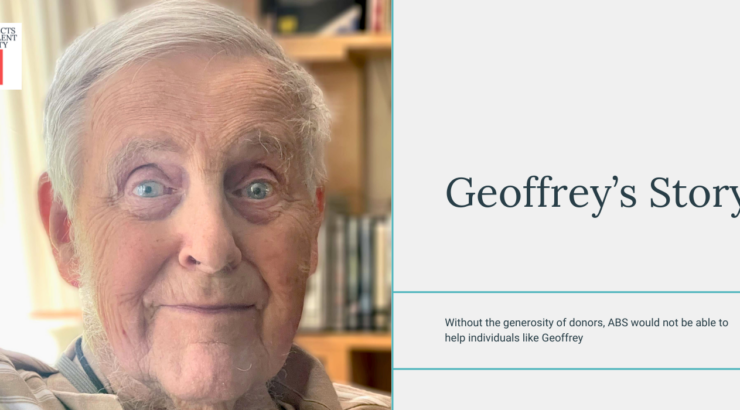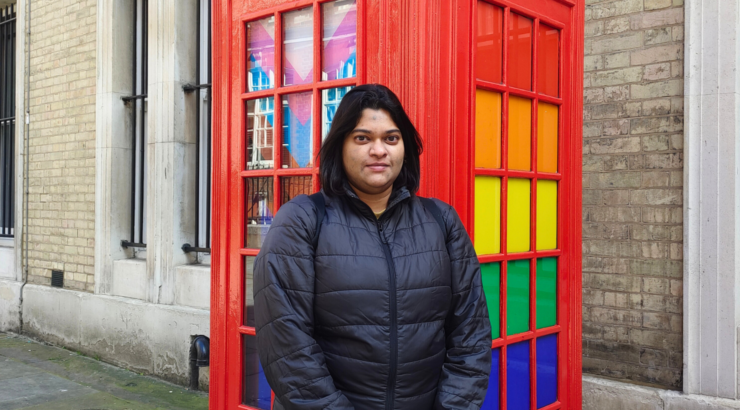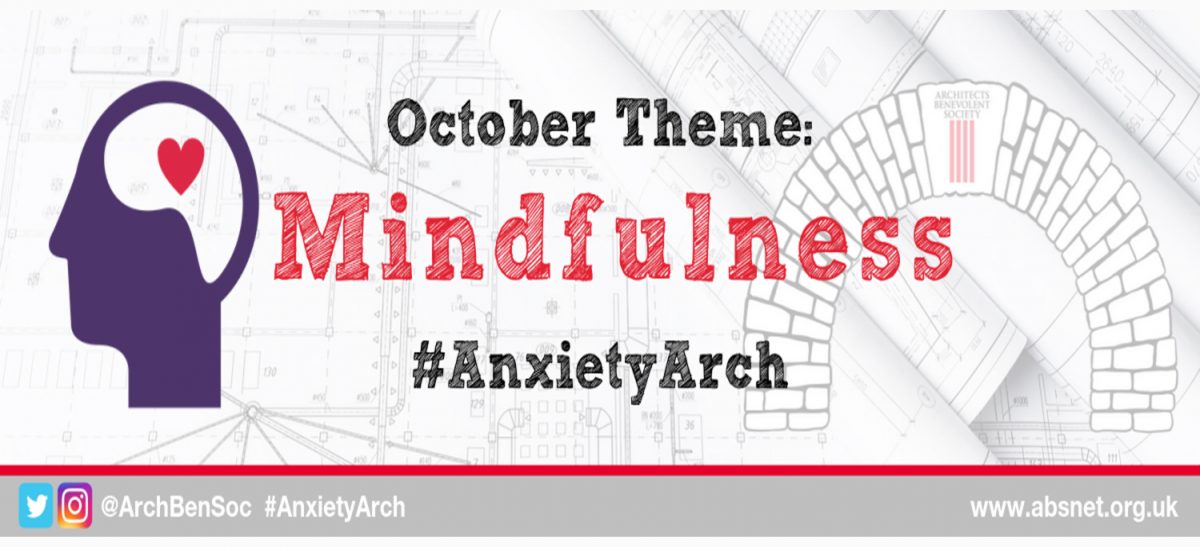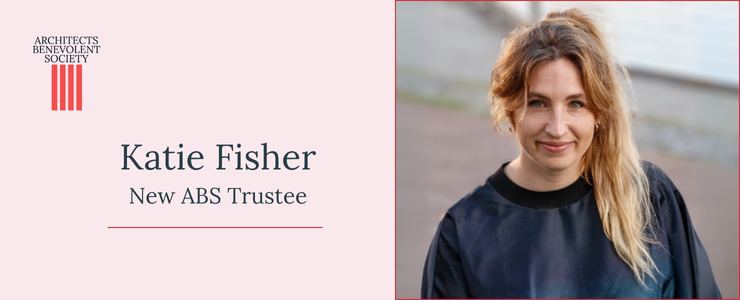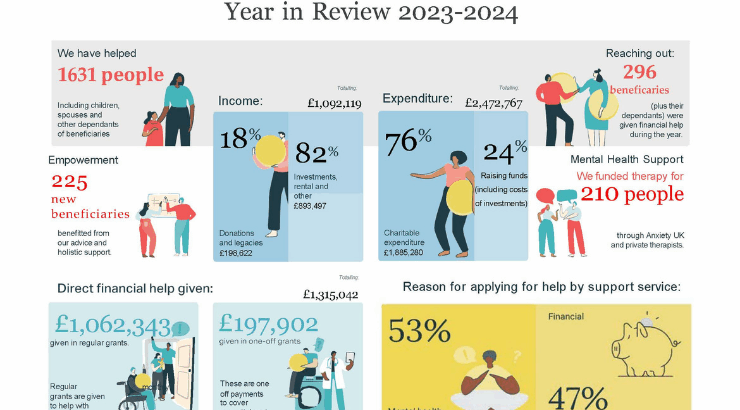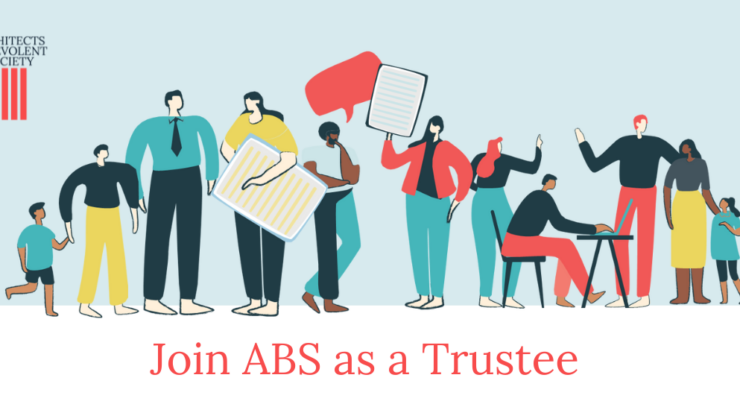For our October Anxiety Arch campaign our welfare assistant Asma Chand has written a brilliant article on what mindfulness is & how we can integrate it into our daily lives.
“Mindfulness is the practice of being present in the moment. It is being in tune with your thoughts and emotions as they happen. It is about being reconnected with yourself and the sights, sounds and all the other senses we experience in every day life.
Andy Puddicombe, creator of Headspace, says: “our minds are lost in thought almost 47 percent of the time. 47 percent. At the same time, this sort of constant mind-wandering is also a direct cause of unhappiness.” (TED talk, 2012). We spend so much of our time thinking about the future, or worrying about the past, thinking about the little things that make up our every day lives that we forget to be present in what is happening right now. These thoughts can lead to feelings of depression, anxiety and generally not feeling content within ourselves.
It is easy for our thoughts to spiral – a negative thought can lead to more, convincing ourselves we are not good enough or perhaps reliving unhappy memories. Mindfulness teaches you to recognise these unhappy thoughts and feelings; sit with them for a while and watch them disappear.
Being more aware of the moment means you are able to see things with more clarity. You are able to appreciate aspects of life that would perhaps go unnoticed. It can help bring a new outlook and improve your mental wellbeing.
Meditating is the main way to practice mindfulness. Meditating means focussing your attention for a period of time, most of the time in silence, to train your thoughts and clear your mind. There are different ways to meditate – in ‘Mindfulness: A practical guide to finding peace in a frantic world’ there is the example of the ‘chocolate meditation)*. The chocolate meditation involves taking a piece of chocolate and eating it. Whilst eating it you would consider the taste, smell, feeling of it in your mouth, tasting the different flavours. You would let the piece of chocolate melt in your mouth before swallowing it. By taking more time to do something you would normally do in a few seconds you may find that the experience of eating it was completely different. If we applied this concept to other aspects of our lives we might find our outlooks change.
Practising mindfulness only needs to take a few minutes of our day. By giving yourself the time and space every day to be mindful you are giving yourself the opportunity to experience life in a new way.”
*Mark Williams and Danny Penman, 2011
Page 55
